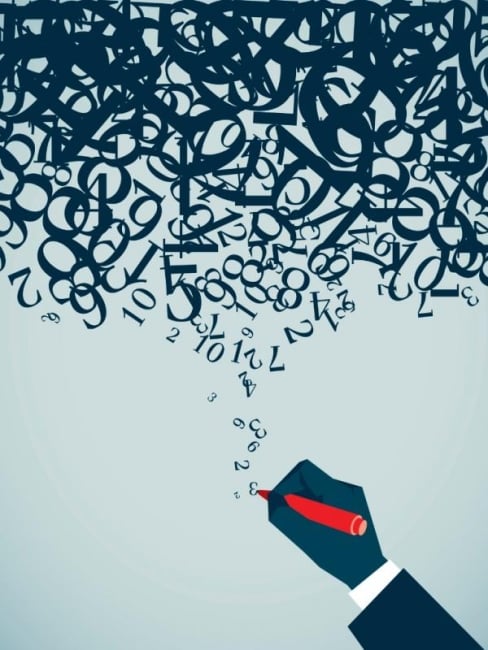You have /5 articles left.
Sign up for a free account or log in.

Istockphoto.com/Ehrui1979
It is axiomatic that students need to learn to read and write. At first, one might assume that this task is accomplished early in their education. But, in fact, learning to read and write is a continuing, lifelong process.
That is nowhere better demonstrated than in the training of a scientist. Their required reading and writing skills differ from those that a nonscientist might develop. For example, critical evaluation of experimental data presented in a number of formats is a central component of scientific reading. You have to learn how to examine each figural or tabular presentation of results and determine for yourself whether it supports the interpretation and conclusions that the authors of a published article have provided.
In most cases, budding scientists acquire the requisite capacities in graduate school. Mentors can use a number of pedagogical techniques, and recent developments in the realm of scientific publication have provided new opportunities for inculcating literacy and effective composition.
One instance where advanced comprehension has the power to influence other people is when you are acting as a peer reviewer. Participation in the process of constructive criticism of an unpublished work is a solemn endeavor and is regarded as a fundamental responsibility of a scientist. Nevertheless, many grad students receive no formal training in how to write effective peer reviews.
Occasionally, a senior scientist might share a manuscript that they have been asked to review with junior researchers in order to provide them with an opportunity to try their hand at the task. The senior scientist can offer guidelines on the appropriate methods for review and feedback on the junior researcher’s efforts. But a number of ethical issues are associated with such practices. For one thing, they violate the commitment to confidentiality that peer reviewers accept when they agree to their assignments. In addition, they may lead to a lack of acknowledgment of the efforts of the junior researchers in the submitted review.
Fortunately, that dilemma can be avoided these days. Contemporary etiquette has led to a change in the steps that authors take to publish their research. It is common nowadays to publish a draft of an article on a preprint server -- to place an approximation of a finished article in an archive that the public can access and judge. The research adviser of a graduate student can use this opportunity for educational purposes by assigning that student the responsibility of “reviewing” that preprint. Of course, for effective training, the adviser should provide guidelines for the review and assessment of the article’s quality. That way, however, the student gets to see an article before it attains its final form while honing their skills as a critical reader. The improvement of those reading skills will have important positive consequences for when the student writes their own articles for publication.
Another way that trainees can enhance their compositional expertise involves scientific review articles, which are proliferating significantly for various reasons. The number of journals is multiplying, and editors seeking to boost artificially the pseudo-metric known as the impact factor solicit review articles because they are more highly cited than research articles and are thought to require a less intensive form of peer review. Increased quantity has lowered quality standards. Although this state of affairs is lamentable, responsible lab directors can turn it to their advantage.
The culmination of the career of a graduate student who is obtaining a Ph.D. is the submission of a thesis. A literature review is considered an essential component of that scholarly work. Advisers can prepare their graduate students for the task by giving them the assignment to write a review article for publication.
Normally, academics view writing a review article as the responsibility of seasoned experts in a field and, therefore, such an approach might seem inappropriate. But if a lab director sees the composition of such an article as a true collaboration, they and the student can craft a high-quality review, and the goal of encouraging the growth of the graduate student in the field can be achieved. Conscientious senior authors can provide guidance on how to conduct the literature survey and critically evaluate the articles, as well as provide historical perspective. They will also cooperate with the student on the actual writing, along with figure and table preparation.
Far too many senior scientists believe that their trainees either already possess appropriate reading and writing skills or will somehow manage to acquire them on their own. Adoption of the techniques that I’ve described in this essay can help them provide the education that their students, in fact, truly need.




